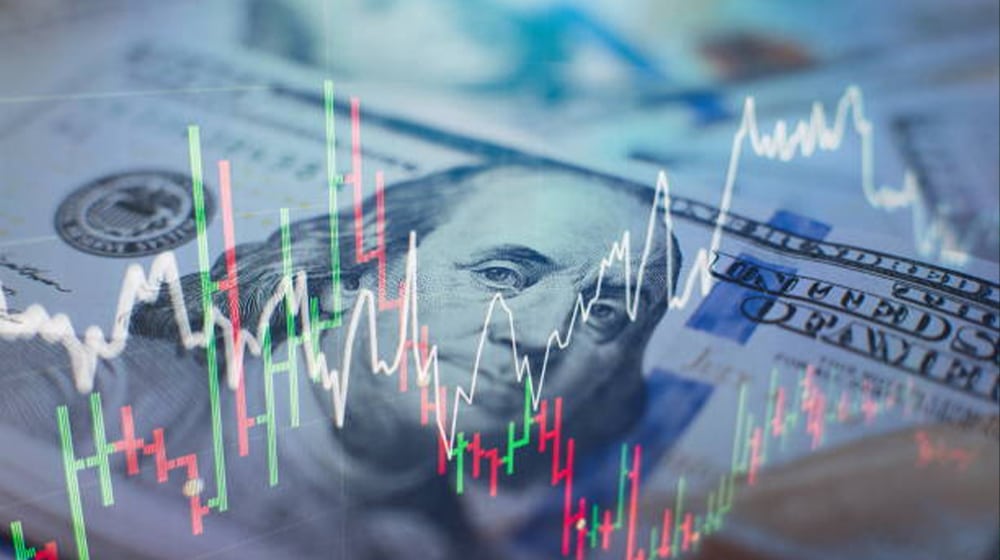Pakistan’s default risk entered alarming new levels on Monday when the cost of ‘insuring’ its sovereign debt widened to the highest level in 13 years, following the recent junk classification of Pakistan’s bonds by Moody’s and Fitch Ratings.
According to Arif Habib Limited (AHL), Pakistan’s benchmark 5-year Credit Default Swap (CDS) spiked on 24 October by over 3,000 basis points or 3.07 percentage points in a single day to a 13-year high of 52.8 percent, indicating that foreign investors had lost faith in Pakistan’s dollar-denominated maturities.
Fitch downgraded Pakistan’s long-term issuer default rating to CCC+ from B-, while Moody’s downgraded the country’s issuer and senior unsecured debt ratings to Caa1 from B3. Both cited liquidity risks in the aftermath of devastating floods as a major reason for their downgrades, while also mentioning depleting reserves.
The bond market reaction has heightened fears of a default. Investors are skeptical about the country’s upcoming obligation to repay credit holders $1 billion when the Sukuk matures on December 5, 2022.
An international equities broker told ProPakistani that
Moody’s and Fitch’s downgrades just made things official. Analysts and economists on market watch had already conveyed warning signals to the central bank but immediate steps weren’t taken to address the situation. Eurobonds slumped earlier this month as a post-flood spillover. Two weeks later, the CDS (bond insurer instruments) are telling us the country cannot afford to make insurance payments on international debt. Default risk has never been as high as it is today”.
The country’s ongoing problems are compounded by recent floods estimated to cost over $30 billion in damages, or 10 percent of GDP. For a nation that has not even defaulted yet, the maddening uncertainty in its external liquidity and funding conditions isn’t helping. “The bond market sentiment is rated junk for Pakistani maturities. Not sure if rollover relief from China and KSA would help; we’re in serious trouble,” the expert warned.
The yield (rate of return) on the 5-year Third Pakistan International Sukuk is currently around 145 percent. It was less than 10 percent in January 2020.
As of 25 October, the yield on the five-year third Pakistan International Sukuk Company Limited increased by 75 basis points to 139.74 percent. The yield on a 10-year Eurobond maturing on April 15, 2024, increased from 89.58 percent to almost 93 percent. The yield on the 10-year Eurobond maturing on September 30, 2025, rose from 57.63 percent to over 59 percent.
























aik na aik din toh ye hona hi hai, a country that keeps on borrowing without any planning to start earning forex – borrowing more and more. its bound to crumble one day.